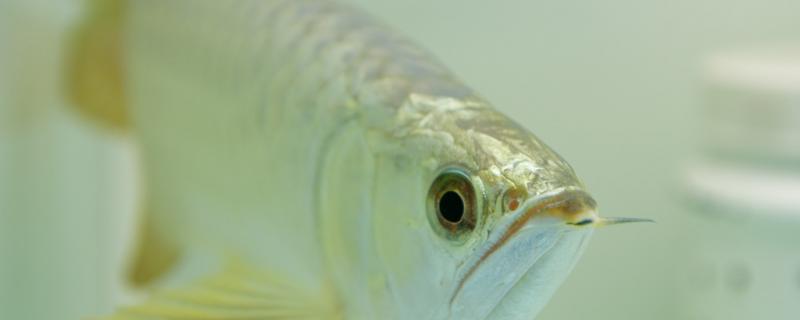 1. Raise alone
1. Raise alone 1. Reason: It is possible that the scales of Arowana fall off after hitting the tank because of fighting. Arowana has strong territorial awareness and strong attack power. If two or more arowana are kept in a fish tank, they will fight.
2. Solution: The breeder needs to raise the arowana separately first, and then clean the injured fish with potassium permanganate solution. Finally, keep the water clean and wait for the arowana to recover by itself.
2. Keep the environment stable1. Reason: Arowana may also fall off scales due to too much environmental change. In the normal feeding process, if the temperature difference is too large or the water quality changes suddenly, it will lead to more discomfort.
2. Solution: Breeders need to keep the surrounding environment stable, keep the water temperature between 28-30 ℃, and keep the water quality clean and refreshing. Minimize the frequency of water change, and it is best to install filters to slow down the deterioration of water quality.
3. Keep the environment quiet1. Reason: Arowana may fall off scales because of shock. Although they are larger, they are less daring. If there is a sudden loud noise around or someone slaps the fish tank hard, it will cause them to be frightened. After being frightened, they may jump, bump and scurry back and forth.
2. Solution: Breeders need to keep the surrounding environment quiet. After they are stable, add some crude salt to avoid infection at the scaly parts. If the shock is serious, it is best to cover it with a black cloth and wait for them to recover.